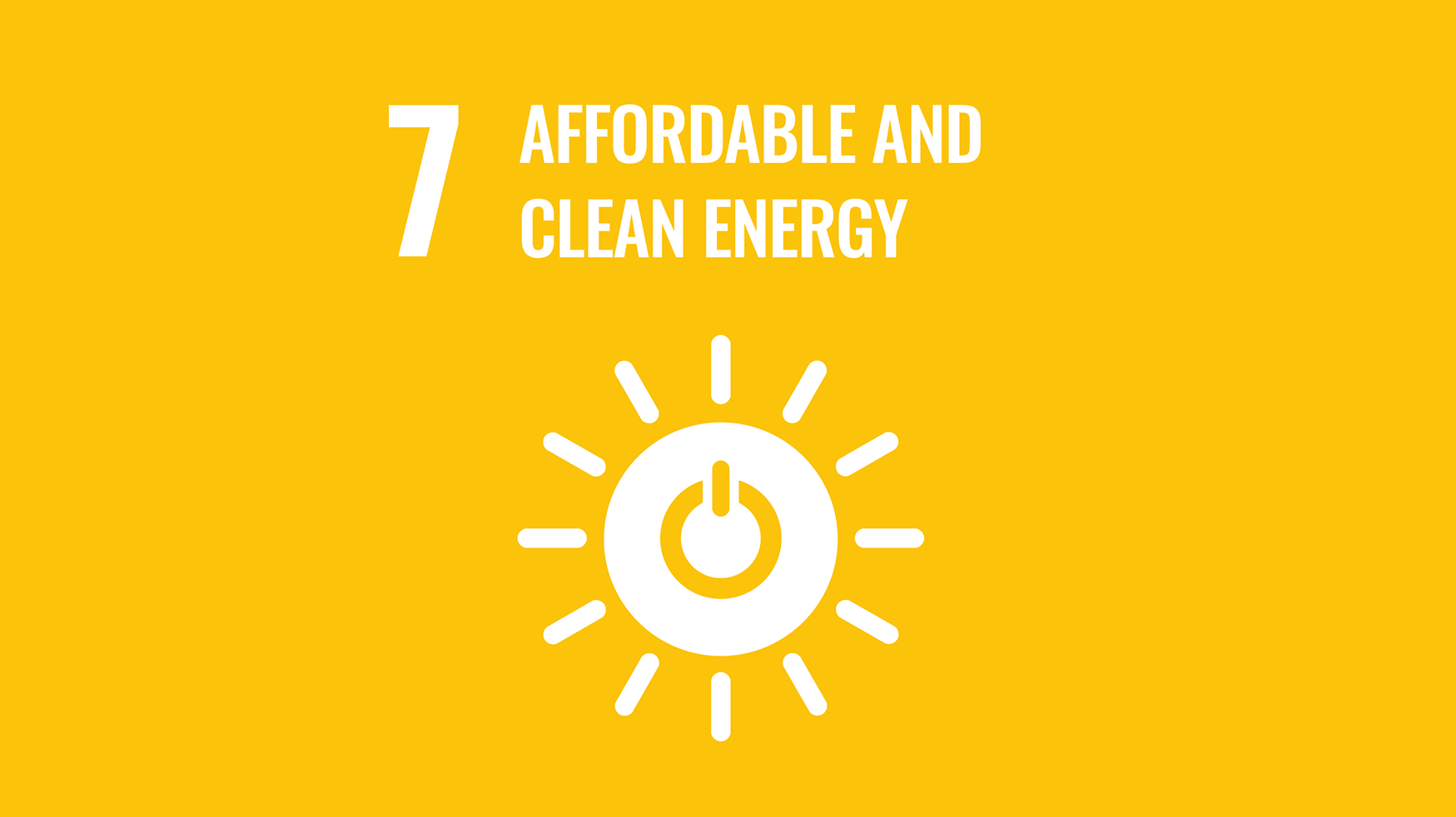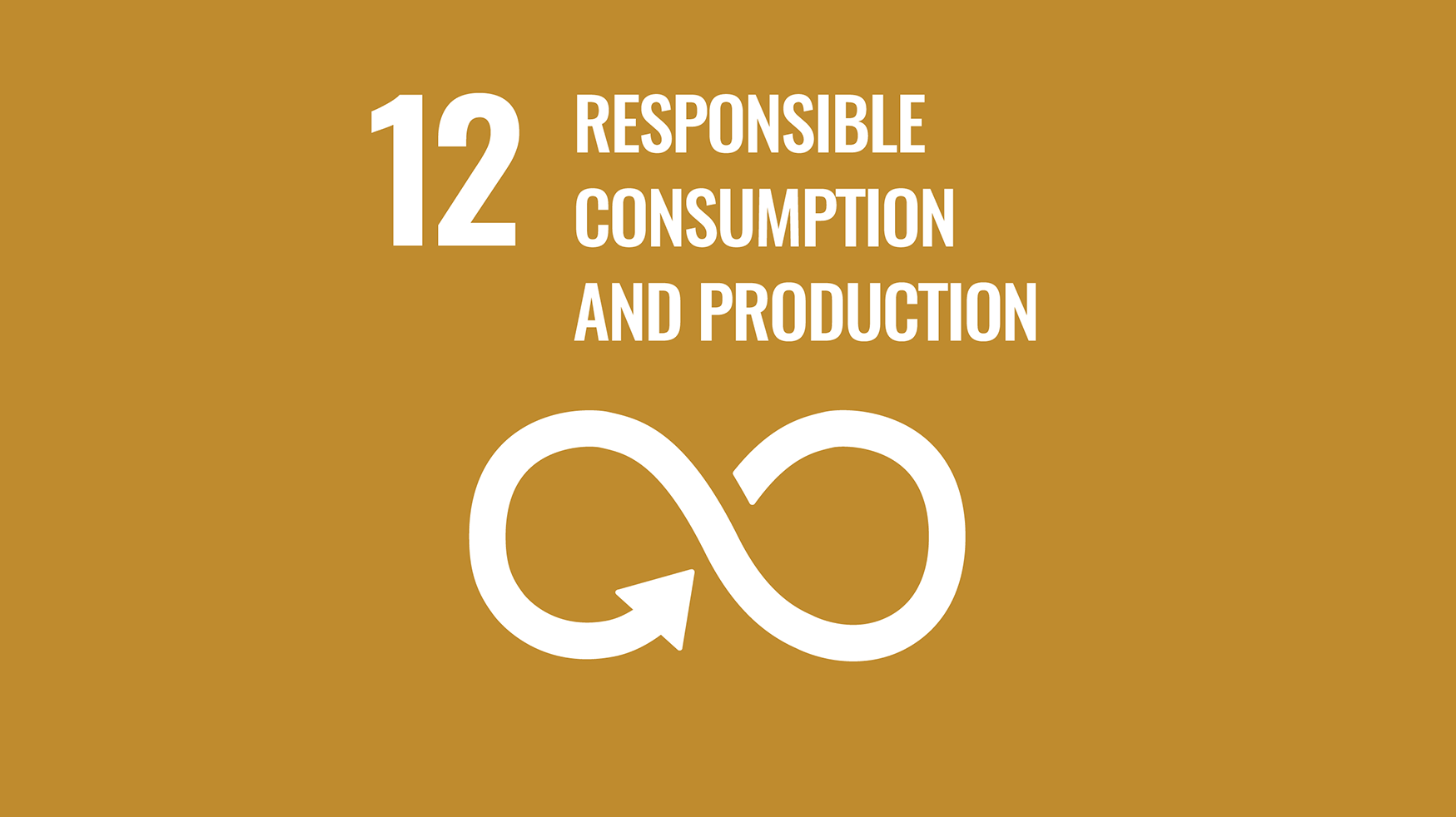
Athens, the capital of Greece, is a historic and bustling city. It faces, though, significant urban challenges, including high energy demand, vulnerability to earthquakes, and increasing climate-related events (such as heatwaves, poor air quality, and flash floods). As part of the 100 Resilient Cities network, Athens is working towards a roadmap to enhance its resilience to these stresses.
The Municipality has prioritised urban revitalisation, energy efficiency, and disaster resilience through the Athens Resilience Strategy. That is focused on transforming public buildings to be more energy-efficient and resistant to environmental hazards. This initiative is critical in making Athens more sustainable, adaptable, and prepared for future urban challenges.

The Athens Resilient City and Integrated Development project focuses on improving the resilience and energy efficiency of five public buildings in Athens: AB Cinema, Adrianou School, Kokkerel School, 9.84 Radio Station, and Sina School. They were chosen based on their high energy consumption and vulnerability to climate change impacts: heatwaves, poor air quality, and earthquakes. Supported by the European Investment Bank (EIB), the project is part of the Athens Resilience Strategy and aims to retrofit these buildings with energy-efficient systems, renewable energy solutions, and seismic strengthening. Each building has been assessed for its specific needs, with measures tailored accordingly. For instance, AB Cinema and Adrianou School will receive seismic strengthening, while Kokkerel School and 9.84 Radio Station will focus on energy efficiency and climate resilience.
Implementation
For the Athens Resilient City Technical Assistance project, our team implemented a structured workflow to address complex urban challenges while aligning with the Athens Resilience Strategy 2030. We began with a thorough needs assessment and stakeholder consultation, ensuring project objectives were clearly tailored to local requirements. Leveraging state-of-the-art tools such as Building Information Modelling (BIM), we developed precise architectural, structural, and electromechanical plans.
Our experts applied European seismic and energy efficiency standards, including Eurocode 8 and ISO 50001, to guarantee the designs met resilience and sustainability requirements. We conducted exhaustive due diligence during the inception phase, including building status assessments, to identify and address potential issues early in the project lifecycle.
In addition to technical excellence, we employed the PMBOK guide to coordinate timely delivery of diverse tasks, such as landscaping and health and safety studies. Maintaining trust and collaboration among stakeholders was a priority, with clearly defined roles and open communication. The studies conducted for each building included: Preparation of architectural studies, including passive energy efficiency measures, suitable artwork conservation and protection studies, green space and landscaping studies for the plots surrounding the selected buildings, preparation of structural studies, which a focus on upgrading buildings to Euro Code 8.3., suitable electromechanical (installation and equipment) studies including energy efficiency and renewable energy systems, health and safety studies, bill of quantities and project cost estimation, Cost Benefit Analysis and analysis of linkages with the Athens Resilience Strategy.
Impact
-
Enhanced safety and sustainability of Athens' public infrastructure – the project integrated energy-efficient and seismic-resistant designs. These upgrades reduced energy consumption and carbon emissions while enhancing building resilience to earthquakes. This dual approach safeguarded public spaces, lowered operational costs, and positioned Athens as a model for sustainable and resilient urban development.
-
Ensured long-term urban resilience through the alignment with the Athens Resilience Strategy 2030.
-
Increased local capacity for sustainable urban development through stakeholder collaboration and knowledge transfer.
-
Improved quality of life and social inclusion – the project revitalised public spaces and fostered community cohesion.
-
Establishment of a replicable model for integrating resilience into public infrastructure projects across Greece – By showcasing scalable solutions like advanced retrofitting and sustainable technologies, the project encouraged other municipalities to adopt similar practices. This model aligned with Greece’s EU climate commitments, fostered economic benefits through job creation, and enhanced public safety.

SDGs:






